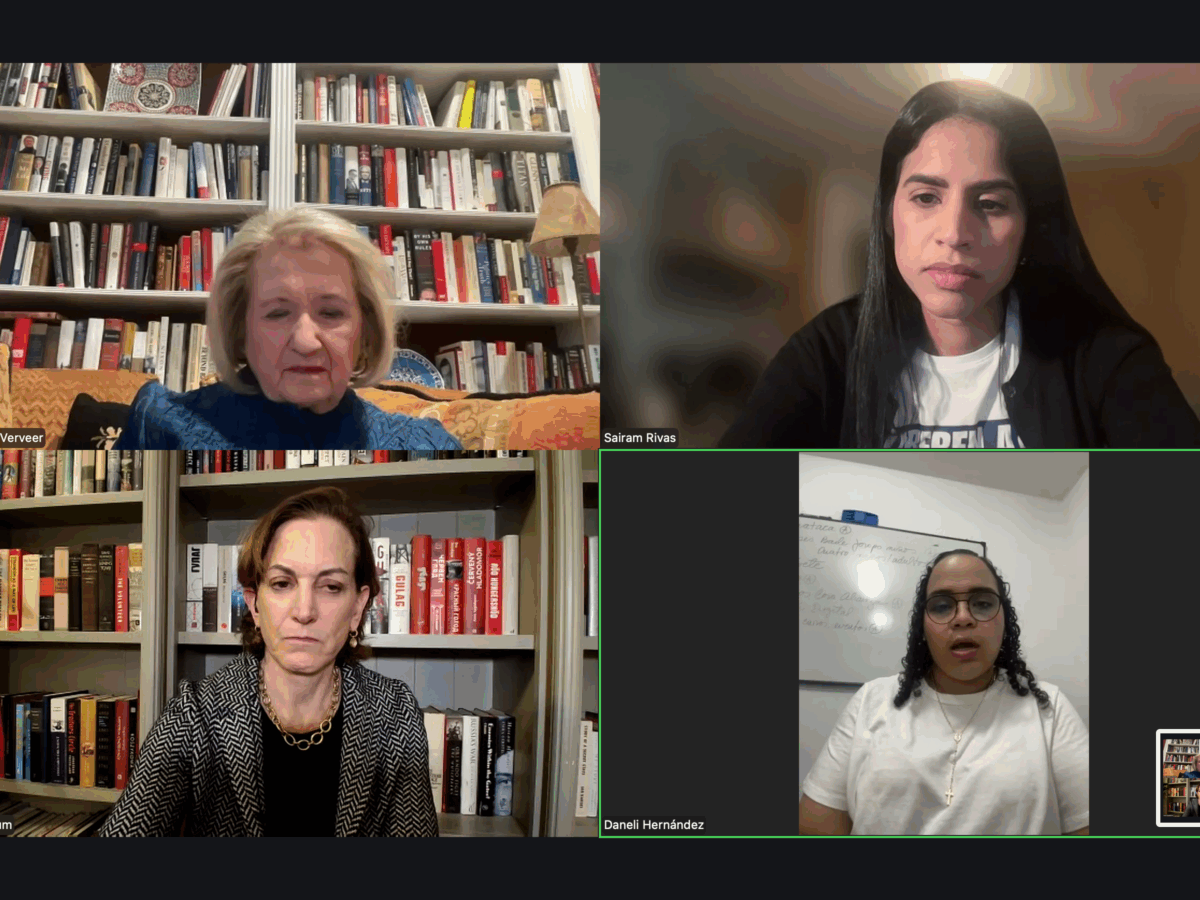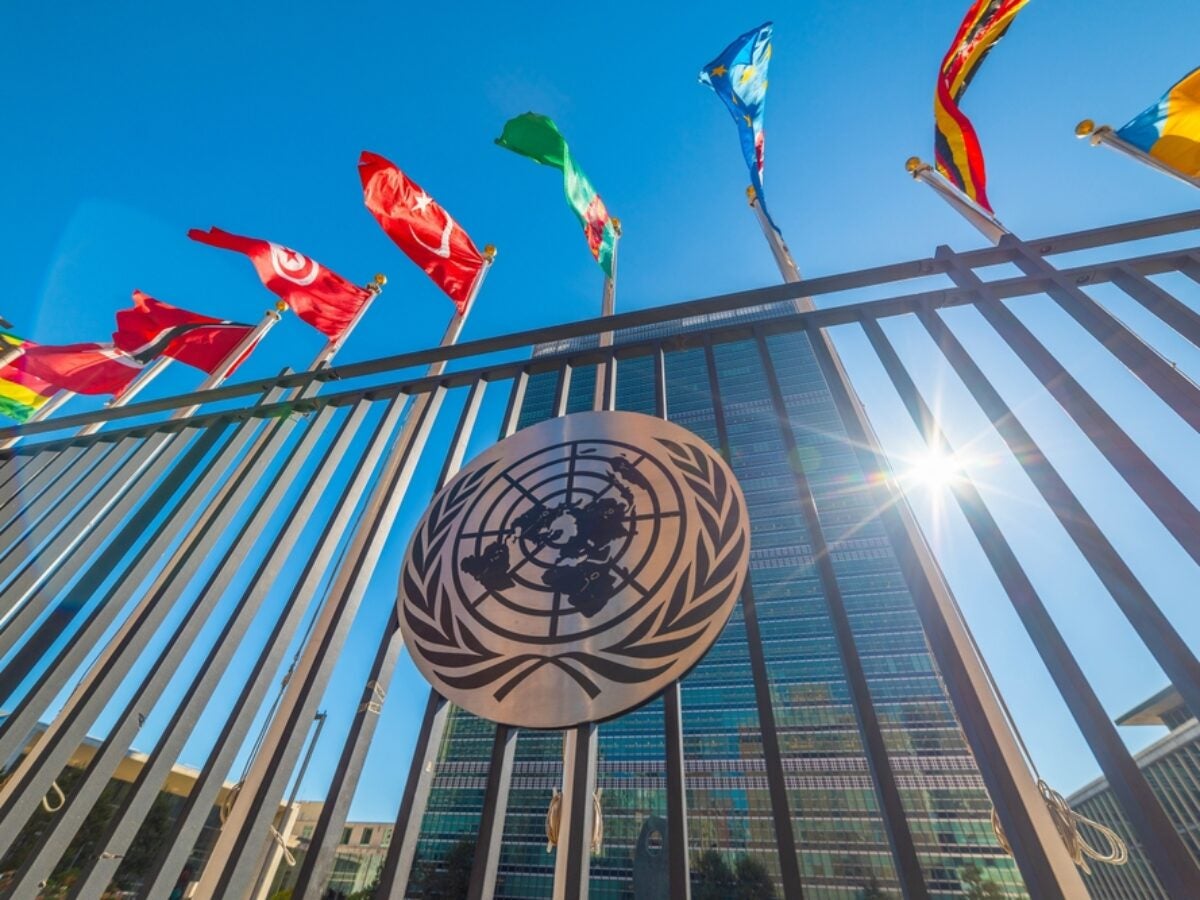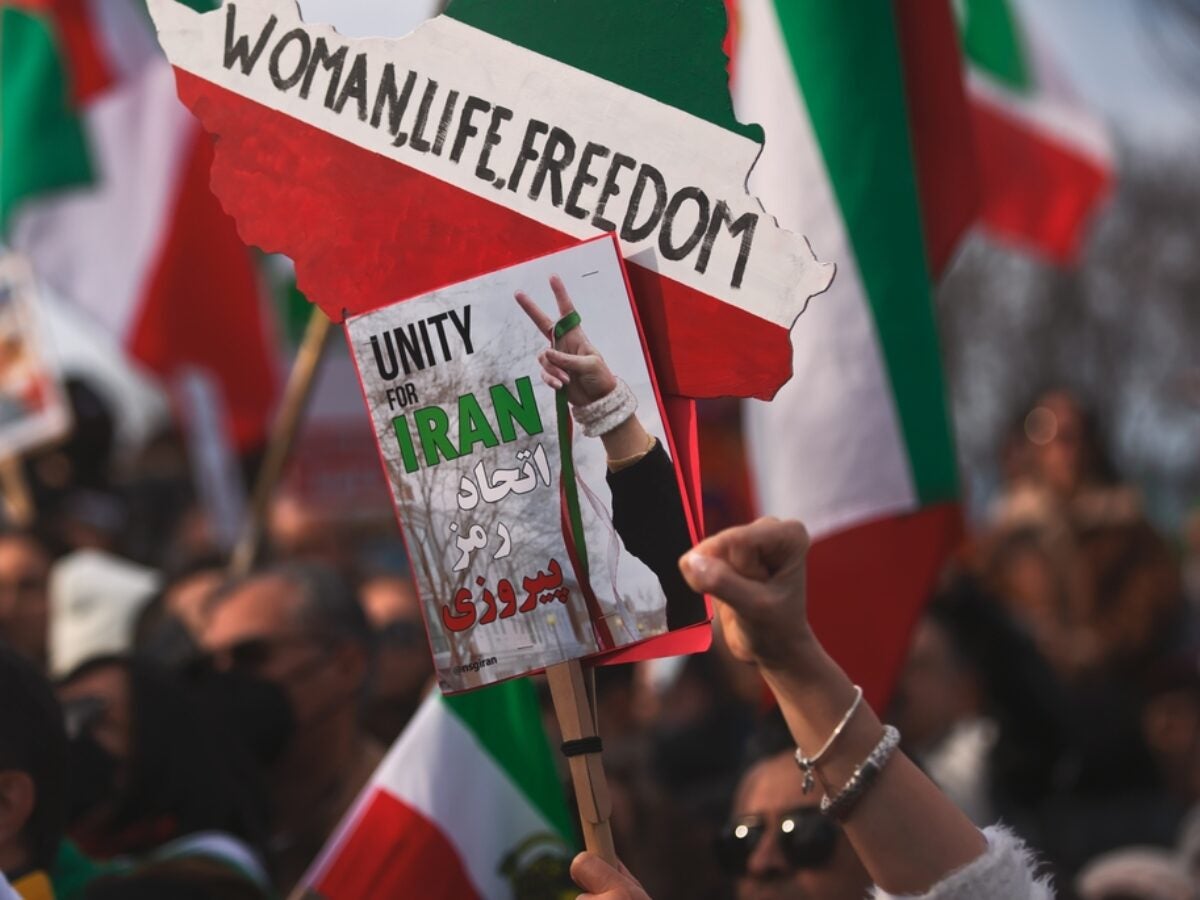The Gender-Climate-Security Nexus: Expert Recommendations for COP29 and Beyond

World leaders, policymakers, and activists are gathered for the 29th Conference of the Parties (COP29) amid growing recognition of the convergent threats of climate change and conflict and their disproportionate impacts on women. Yet, the root causes—and solutions—often remain siloed in policy and practice. Emphasizing these linkages and the critical role of women who are on the frontlines of solutions across gender actions at COP can strengthen ongoing efforts to achieve a Just Transition.
To identify practical pathways for integrated solutions in both policy and practice, the Georgetown Institute for Women, Peace and Security (GIWPS) convened a roundtable of thought leaders, practitioners, and policymakers. Experts identified the most salient issues and knowledge gaps at the intersection of gender and climate security, as well as entry points for effective and even transformative approaches to these challenges.
Progress has been made in advancing separate aspects of the triple nexus of gender, climate, and security in policy and strategy—including advancements in linking gender and climate and growing awareness of climate as a security threat and WPS issue. Yet, significant gaps remain in understanding and addressing the triple nexus holistically, inclusively, and effectively. Sustained efforts are needed to promote cross-cutting gender and climate security priorities across policy and practice, including at COP29 in Azerbaijan and in the run-up to COP30 in Brazil.
To inform and guide these efforts, roundtable experts offer six priority recommendations for action:
- Utilize existing mechanisms to integrate gender and climate security considerations into established policy frameworks at all levels. Only some Nationally Determined Contributions (NDCs) reference the disproportionate impact of climate change on women and even fewer National Action Plans (NAPs) on WPS reference the environment. As countries prepare to submit revised NDCs, NAPs, National Adaptation Plans, and Integrated Country Strategies (ICS), there is a crucial opportunity for policymakers and grassroots partners to push for integrated approaches. Dedicated efforts are also needed to support the implementation of the UNFCCC’s Gender Action Plan and mainstream WPS in the next phase following the review of the enhanced Lima Work Programme on Gender, which must be renewed at COP29. It is vitally important to advance gender-responsive actions on climate change for greater effectiveness in climate policies.
- Create shared language, coherent messaging, and standardized guidance to operationalize the gender-climate-security nexus across contexts and ensure governments and multilateral institutions understand and prioritize implementation. The four pillars of the WPS Agenda – already well-recognized in diplomatic and security fields – provide a clear and accessible framework for integrating climate security into policy and practice. Developing context-specific resources, training modules, and tailored tools will further equip embassies, militaries, humanitarian actors, and other gender and climate professionals to implement tactical and policy-level efforts in the field.
- Strengthen the capacity of National Gender Focal Points and Climate Advisors to bridge gaps between national and local-level action. Gender and climate advisors often operate in silos with limited capacity and unclear mandates, lacking the authority and resources to implement high-level policies in practice. To address this, advisors should be strategically placed within organizations where they can inform and influence decision making, with well-defined terms of reference detailing their roles, responsibilities, and accountability structures. Ongoing training and capacity-building can also strengthen integration efforts. For example, the U.S. Government has worked with the South America Regional Environment, Science, Technology and Health Office (REO Hub) to develop region-wide webinars that help local government actors mainstream gender considerations into climate negotiation tracks.
- Cultivate multi-stakeholder and cross-sector partnerships to expand avenues for financing and policy integration. New and influential actors who are increasingly focused on climate impacts – such as those in the private sector, philanthropy, and humanitarian settings – can play a vital role in supplementing funding shortfalls and eliciting widespread support for change. Regional bodies and alliances can also offer key entry points for integrating a gender-climate perspective into new initiatives, such as NATO’s Climate Change and Security Centre of Excellence and the African Union Position on Climate Change, Peace and Security.
- Expand and strengthen coalitions to advance collective action and coordinate advocacy efforts. Mobilizing a diverse range of constituencies and building coalitions across policymakers, grassroots organizations, and external stakeholders will be crucial to sustaining pressure on the COP Presidency and the UN Security Council to prioritize gender and climate security as cross-cutting issues. For instance, aligning the WPS Agenda with the Just Transition movement provides an opportunity to create a unified, strategic front capable of driving concrete policy changes and holding the UN system accountable for its commitments.
- Collect and share sex-disaggregated data, intersectional analyses, best practices, and scalable solutions to more effectively ground gender and climate security policy and programming in evidence-based research. For example, the U.S. Secretary’s Office of Global Women’s Issues (S/GWI) recently launched the Embassy Gender-Climate Action Network (E-GCAN), bringing together more than 50 U.S. embassies and consulates worldwide to share climate-related best practices and adapt successful projects across different contexts. Establishing regular communications channels and convenings to exchange knowledge – including local women leaders from diverse racial, ethnic, and socioeconomic groups – will help facilitate solutions for gender-transformative climate security action.
These recommendations were generated in consultation with thought leaders, practitioners, and policymakers who attended a workshop hosted by GIWPS with support from the Embassy of the Federal Republic of Germany in Washington, DC.
Explore More

Acclaimed Journalist Anne Applebaum and Women Human Rights Defenders Discuss Implications of…
The people of Venezuela are uncertain about their political, social, and economic…

GIWPS Analysis: The US is Pulling Back from Multilateralism
This week, the White House issued a presidential memorandum announcing that the…

GIWPS Analysis: Iran’s Escalating Political Repression and the Arrest of Narges Mohammadi
Iranian authorities detained 2023 Nobel Peace Prize awardee Narges Mohammadi during a…